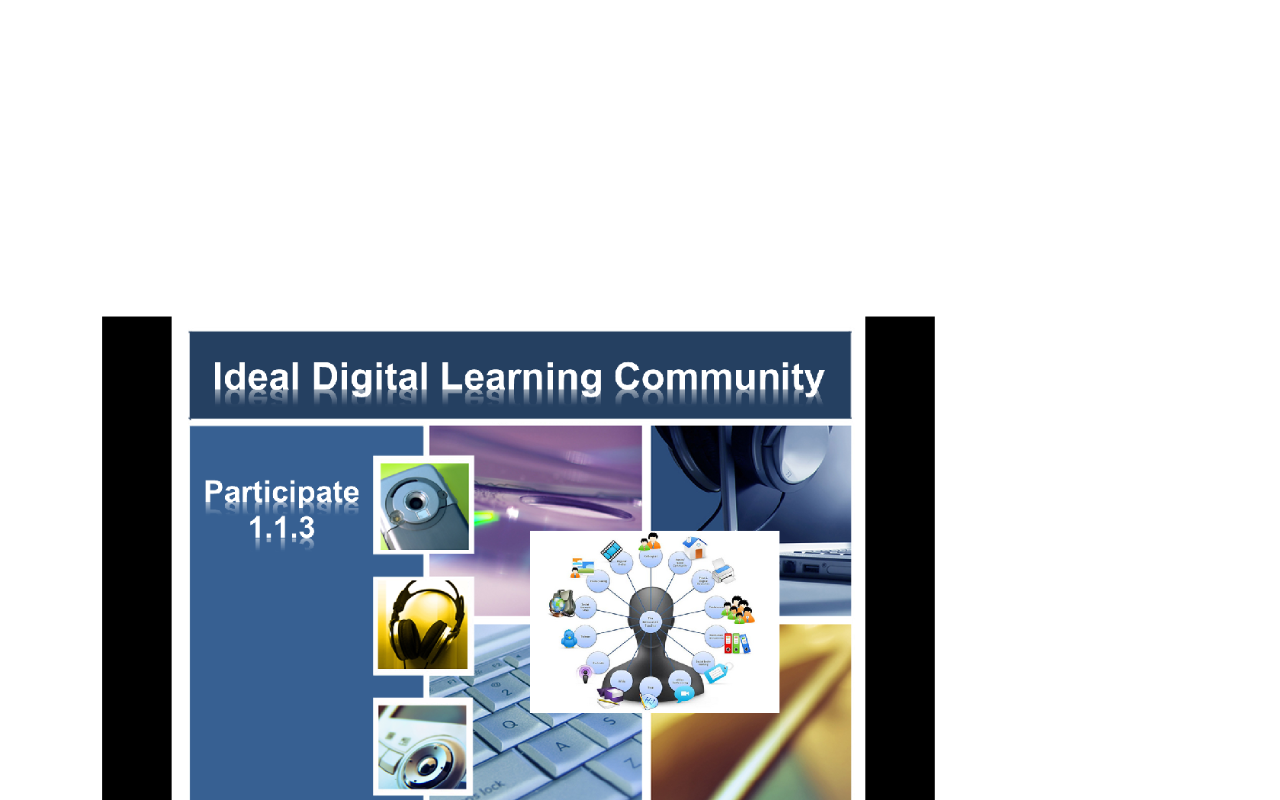Participate 1.1.1- Character Traits

In my opinion, these are the three most impressive character traits of an exemplary citizen within a digital learning community:
Etiquette-
Many issues are related to digital etiquette. As participants in the digital world, both teachers and students must make responsible choices such as viewing appropriate websites, respecting others’ opinions, and communicating in a polite and courteous manner. Teachers must provide students with proper etiquette for communicating online. Students must understand that what they write has an impact on others and they also need to realize that there are negative effects of hurtful language. Even when a student writes in all capital letters this is understood as shouting and this method of communication should be avoided. Teachers should model appropriate behavior and not simply hand out a list of dos and don’ts. I found a great website that actually provides lesson plans and worksheets to teach all grades about the importance of proper online or digital etiquette: https://www.commonsensemedia.org/educators/curriculum
Cute videos here: https://www.commonsensemedia.org/videos/pause-think-online
cyberbullying- With the use of technology on the rise in the classroom, a growing ethical and legal concern is cyberbullying. This is a negative issue that can have an undermining effect on the quality of education that students receive, and it can decrease the quality of students’ academic performance. Many teens feel that cyberbullying is a serious problem in the schools, but some students fear reporting cyberbullying for fear of retaliation by the bully. I think that the fear of repercussion makes it difficult for teachers to be aware that some students are experiencing problems. Now, more and more school districts allowing students to bring their own technological devices to school, so cell phones are readily available in the classroom. The traditional method of bullying is widespread via the Internet while using social networking sites such Facebook and Twitter. With smart phones and other personal devices in the classroom, cyberbullying is easy for students to do secretly and quickly share with their peers. Not only is this an ethical issue, but also a legal issue. The police and school policies refer to cyberbullying as performing a terroristic threat which is a punishable act. Due to this legal ramification, cyberbullying is an increasing concern of teachers, administrators and parents. Schools cannot ignore cyberbullying and students must learn to act responsibly in regard to this legal and ethical issue. There are specific steps to take in order to combat it, and schools can set guidelines for appropriate, responsible use of technology. All students should sign a school acceptable use policy, and agree to be responsible when using the Internet. Teachers should train their students about the importance of using respectful social skills, and how to resolve conflict in a responsible manner. A school’s proactive approach against cyberbullying directly relates to their students’ education, as this type of bullying affects a student’s ability to focus and learn. Teachers, administrators, counselors and parents should work together to prevent cyberbullying in their schools. Schools can gain the trust of their students by encouraging them to report incidents of bullying. Strict school policies can enforce intolerance of cyberbullying. Parents can educate themselves, and be vigilant in keeping up with changing technology and the issue of cyberbullying. Please visit this blog that I created: https://www.weebly.com/weebly/main.php
Responsibility-
I believe that it is very important for students to know that they must behave in a responsible way. It is important that teachers and schools do more to instruct students in right and wrong behaviors online. The Internet is a powerful tool and teachers have a responsibility to teach the students how to use it beneficially and safely. There are national standards for technology education of high school age and younger students by the International Society for Technology in Education. These standards address the students’ responsibility to use legal and ethical behavior when using information gathered from the Internet and explain the consequences of misuse. This site is valuable because it gives useful information about the U.S. Justice Department, which is working with an Internet trade association to develop a public service campaign about good online citizenship. I strongly believe that teachers and schools have a responsibility to provide more information to the students about ethics.
Law- Educators must ensure that students understand the problems related to software piracy, the acceptable use polies when using the Internet, and the students’ responsibilities of using electronic resources. Pirating is a serious problem, but many people are not aware of the seriousness of downloading software from the internet without permission, especially teachers who feel they are exempt from copyright laws. The penalty for software piracy can be up to $100,000. Surprising to me is amount of schools in the news who have been guilty of pirating. The greatest concern seems to be that school districts must make sure that the students are safe from online predators. Another area that both students and teachers often ignore is the seriousness of copyright laws. Copying material with the availability of smart phones, voice recorders and the Internet continue to be widespread and is a serious legal issue.
Participate

Navigate

Communicate


Create



